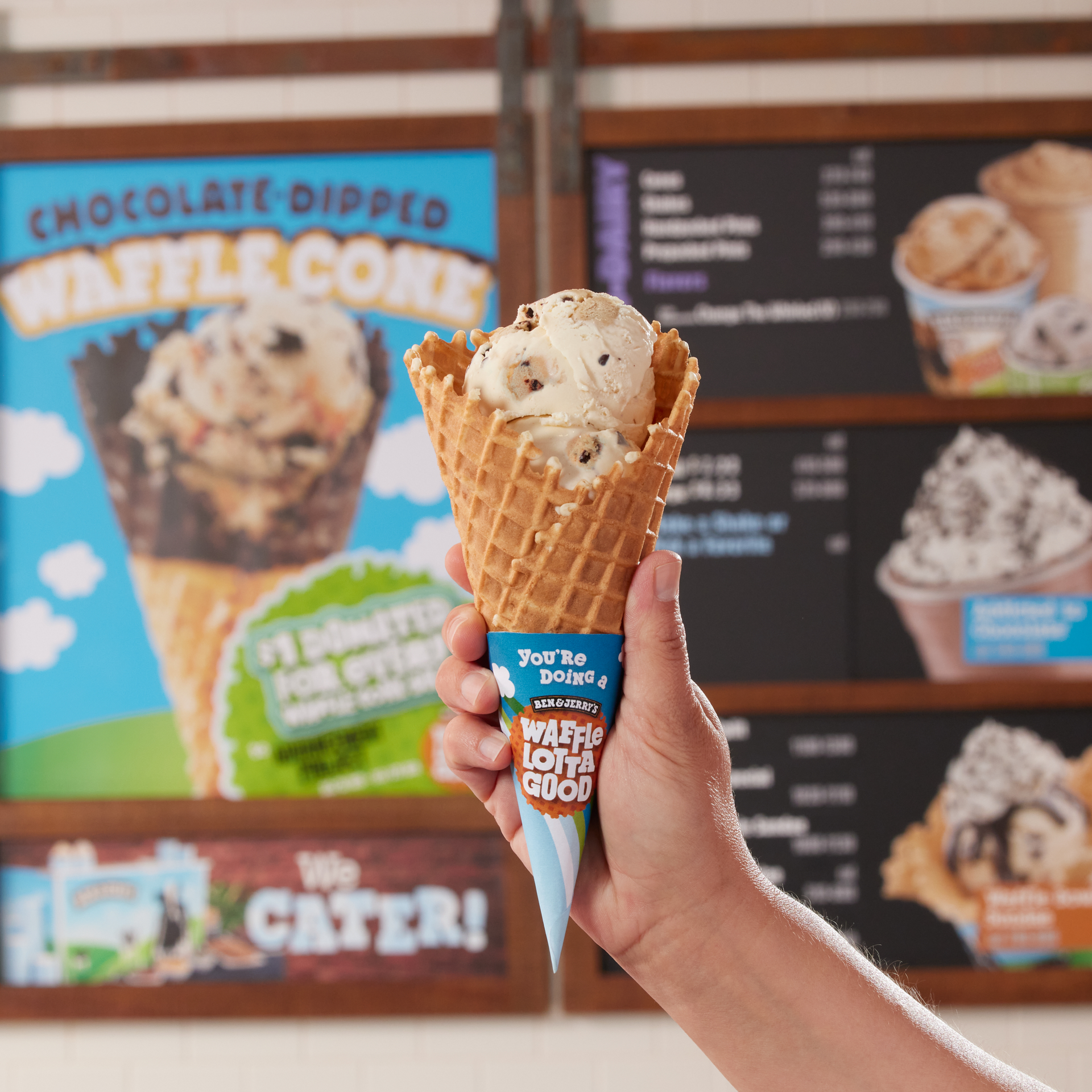January 18, 2019

Fifty-one years ago, Dr. Martin Luther King, Jr., was assassinated while in Memphis supporting striking sanitation workers. He was only 39 years old.
Dr. King is an American icon, but we may not know him as well as we think we do. How many of these facts about the civil-rights leader did you know?
-
King’s birth name was Michael.
On January 15, 1929, Michael King, Jr., was born. His father, a powerful pastor in Atlanta, traveled to Germany in 1934 and was inspired by what he learned about the the great 16th-century Protestant reformer, Martin Luther. In fact, his father was so moved that he changed his name, and his son’s, to Martin Luther King when he returned home.
-
King was 15 when he started college.
King did so well in high school that he skipped two grades (9th and 12th) before enrolling at Morehouse College in 1944 at the age of 15. Both his father and grandfather had gone to Morehouse, the only college in the world that only admits African-American men. It was there that he first learned about Gandhi and nonviolent civil disobedience.
-
MLK survived an earlier assassination attempt.
“Are you Martin Luther King?” That was question that Izola Ware Curry asked Dr. King on September 20, 1958, at a book signing in Harlem. When he said yes, she plunged a seven-inch letter opener into his chest. The tip of the blade barely missed puncturing his aorta. The surgeons who saved his life later told him that if he had so much as sneezed, it would have killed him.
-
He was imprisoned 29 times.
King was jailed nearly 30 times, most often for acts of civil disobedience, as when he spent 11 days in a Birmingham, Alabama, jail after being arrested for leading a demonstration (he wrote his “Letter from Birmingham Jail” while in solitary confinement). But sometimes the charges were completely trumped up, like the time he was arrested in Montgomery, Alabama, for going 30 in a 25 mph zone.
-
King started the Poor People’s Campaign.
Revered for his leadership in the civil-rights movement, Dr. King nonetheless came to see toward the end of his life that his work there was simply a first step in bringing about a “new era of human rights.” In 1967 he announced the launch of the Poor People’s Campaign, an effort to unite the poor of every race and creed. It was the last campaign he would ever lead.
-
Dr. Martin Luther King, Jr., Was a…. Trekkie!
When meeting the Chadwick Boseman of his time, Nichelle Nichols, the groundbreaking African American actress who portrayed Lt. Uhura on Star Trek, Dr. King said, “I am your best, greatest fan, and my family are your greatest fans. As a matter of fact, this is the only show that my wife, Coretta, and I will allow our little children to watch, to stay up late to watch because it’s past their bedtime.”
-
The FBI monitored him for years.
The FBI started tracking Dr. King in 1955. The FBI director at the time, J. Edgar Hoover, was obsessed with King and even began tapping his phones and bugging his offices. This fanatical devotion to somehow discredit King only intensified when he delivered his famous “I Have a Dream” speech in 1963. Afterward, an FBI memo called King the "most dangerous and effective Negro leader in the country."
-
MLK was a pool shark.
American icon. Civil rights hero. Preacher. Scholar. Organizer. World-renowned leader. Celebrated orator. Writer. Winner of the Nobel Peace Prize. Pool shark? Yup. Dr. King loved playing pool and apparently was pretty darn good at it too.
-
He’s one of two Americans to have his birthday celebrated as a national holiday.
The other American? George Washington. President Ronald Reagan signed a bill that created a federal holiday to honor Dr. King in 1983 (the intense fight to achieve that milestone played out over many years). Martin Luther King, Jr., Day is celebrated on the third Monday in January, close to his January 15 birthday.
-
A new Poor People’s Campaign was launched in 2017.
Fifty years to the day that Dr. King announced the start of his Poor People’s Campaign, Rev. William Barber and Rev. Liz Theoharis launched a new campaign to finish the work that he started. The Poor People’s Campaign: A National Call for Moral Revival seeks to end systemic racism, systemic poverty, environmental degradation, and rampant militarism.
In Memphis, the night before his death, Dr. King said, “Like anybody, I would like to live a long life—longevity has its place. But I'm not concerned about that now… I've seen the Promised Land. I may not get there with you. But I want you to know tonight that we, as a people, will get to the Promised Land.”
We’re not there yet. But if you stand with us and join the Poor People’s Campaign, together we can complete the march toward a fair, just, and equitable America.

